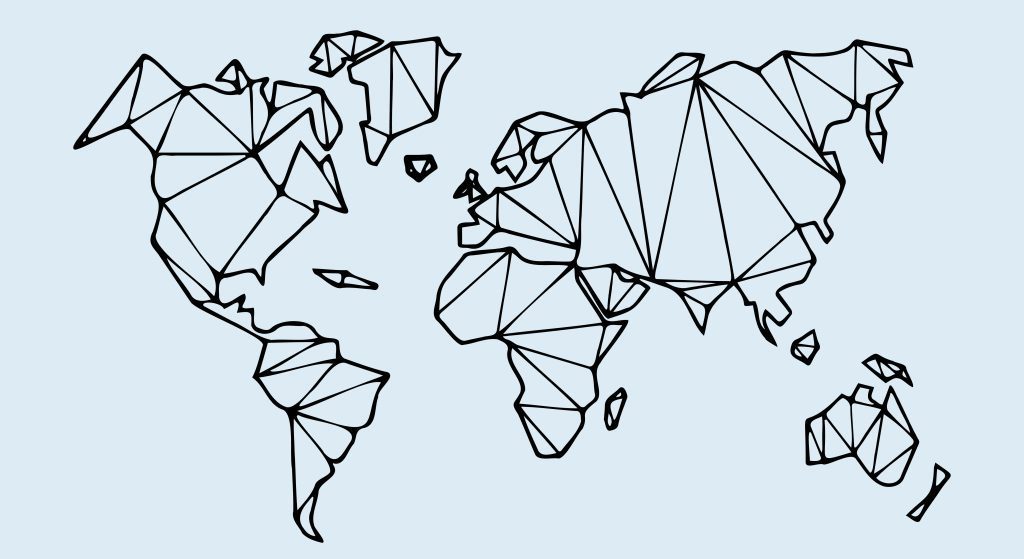The use of blockchain technology is growing rapidly, with applications being developed in a wide range of industries. One area where blockchain is particularly well suited is cross-border payments. The payments industry is complex, with numerous intermediaries involved in processing transactions. This can make payments slow and expensive, especially when dealing with foreign currencies. Blockchain provides a solution to these problems by creating a decentralized system for payments.
This posting is found at Fast Company and it reviews the potential for transforming the LATAM economies through improved payments, underpinned by cross-border blockchain technology and common digital currencies for cross-border payments, allowing for greater participation across the full breadth of businesses in the region. This is an ongoing theme across the globe, as many readers of these pages will know. The only real question now is where, when, and how.
‘For many business owners exporting products, it’s hard to entertain the idea of having to wait weeks to be paid. But that’s the situation facing entrepreneurs in Latin America. “It comes down to cashflow, and there’s a lot of uncertainty. You can’t have transparency of where your money is, and how long it will take to get paid, so it’s a case of wait and see for the business owner,” Gilbert Verdian, founder and CEO of Quant Network, explained…
.According to Deloitte, a complete structural transformation of the LATAM economy is needed to fuel growth. The World Bank says there is “enormous potential” in renewable electricity, but the largest transformation may result from accelerated digitization, which could create job opportunities and boost financial services in the region. Verdian wants to be part of this transformation, and it seems certain that blockchain—the revolutionary technology behind digital currencies that promises to automate transactions and transform industries—will play a key role.’
There are all sorts of initiatives underway in various global regions to improve intra-regional participation through better financial processes. This has been encouraged by the World Bank and BIS, and a number of private efforts have already been launched with expansion potential. The group mentioned in this posting is LACChain, which is a global alliance integrated by different actors in the blockchain environment and led by the Innovation Laboratory of the Inter-American Development Bank Group (IDB LAB) for the development of the cross-border blockchain ecosystem in Latin America and the Caribbean. Readers can link out through the article into both English and Spanish versions of their collateral. So progress is being made.
“It’s been more than a year since we started an ambitious line of work with Quant to enable a solution for tokenized money on LACChain,” says Marcos Allende Lopez, LACChain technical leader. “As a committed partner, they’ve brought exceptional expertise and technical proficiency to the project.”…
Quant’s work with LACChain to support interoperability and secure smart contract creation facilitates a range of use cases to help communities sustainably build the digital infrastructure of the future. “That’s when local businesses and citizens can actually start trading, and they’ll have the wallet on their smartphones and be able to use LACChain like any other app,” says Verdian…
As if connecting 12 countries isn’t enough, Verdian and LACChain have a bigger vision, where LACChain will be able to connect to other regional DLT ecosystems in America, Europe, Asia, and Africa. “We’re seeing the beginning of regional trade networks already,” he says, but Quant wants to see a time when all these closed-loop ecosystems are connected in one big global trading network…
“While blockchain technology is still nascent, as more companies, institutions, and governments embrace it, its potential can be fully realised.”
Overview by Steve Murphy, Director, Commercial and Enterprise Payments Advisory Service at Mercator Advisory Group
